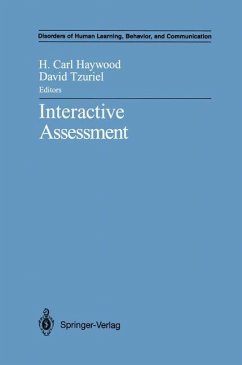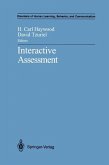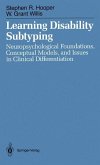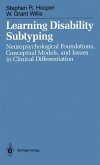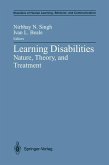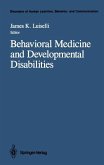The terms interactive and dynamic would never have been associated with psychological and psychoeducational assessment a generation ago. They have currency now because of widespread dissatisfaction with the normative, standardized testing model, criticism of theoretical concepts of intelligence, recognition of abuses of standardized intelligence testing, and frustration with prediction and classification as primary goals of assessment. It is almost certainly true that public policy concerns propel scientific activity far more often than science propels public policy! In the case of psychological assessment, public policy concerns have arisen in the last 20 years primarily around issues of possible "discrimination" against members of ethnic minorities. At the same time, there has been a re surgence of dedication to "excellence in education" goals. These concerns have led to such extreme measures as prohibition of the use of standard ized intelligence tests to determine school placement decisions, especially for minority children. They have led also to a search for alternatives to standardized, normative testing. The chapters in this volume represent a variety of answers to this need.
Hinweis: Dieser Artikel kann nur an eine deutsche Lieferadresse ausgeliefert werden.
Hinweis: Dieser Artikel kann nur an eine deutsche Lieferadresse ausgeliefert werden.

